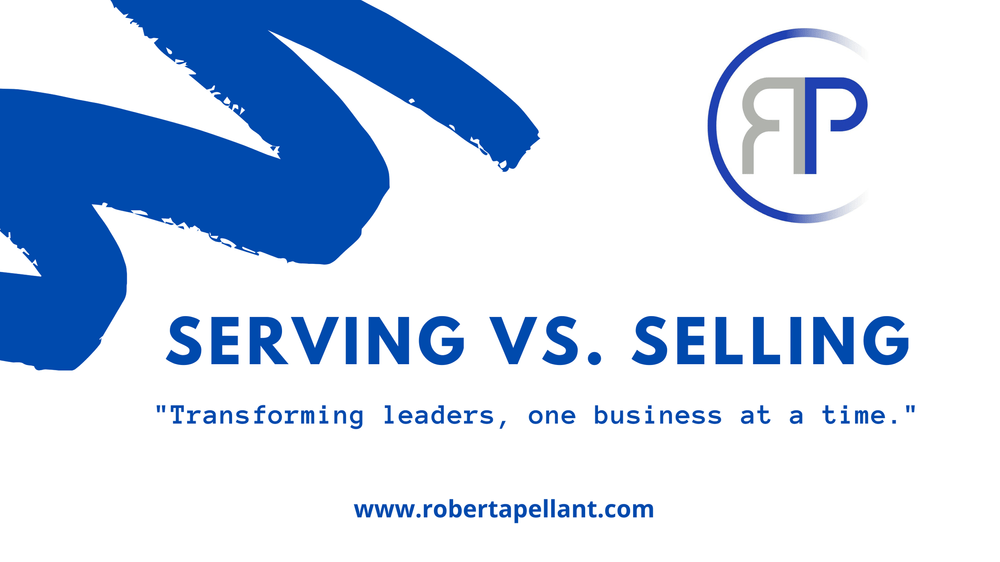In the evolving business ecosystem, a strategy that simply pitches a product or service is swiftly becoming antiquated. Today, the winning formula lies in focusing on ‘serving’ rather than ‘selling.’ Let’s delve into the key elements that make the difference:
1️⃣ Value Addition: As the marketing maestro Seth Godin describes in his revolutionary book ‘This is Marketing,’ the power of value addition cannot be underestimated. It’s no longer about inundating potential clients with products or services. Instead, the focus has pivoted towards enriching their professional journey with worthwhile knowledge. This could be through informative blogs that shed light on industry trends, emails that provide handy tips, or social media updates that give them a peek into the future of their field. It’s about making every interaction with them meaningful and worthwhile, thereby making your business a valuable resource in their professional toolkit. (Godin, 2018).
2️⃣ Time Investment: Daniel Goleman, in his iconic work ‘Emotional Intelligence,’ emphasized that respect is about genuine listening. It’s about giving your undivided attention, understanding their perspective, and making them feel heard. It’s not about passive listening but active engagement – providing thoughtful responses and showing empathy. By investing time in building this connection, businesses don’t just make a sale; they foster a relationship that is more likely to result in customer loyalty. (Goleman, 1995).
3️⃣ Personalized Solutions: As businesses, we must evolve from a one-size-fits-all approach. The future is in personalized solutions – offerings adapted to resolve unique customer problems. This includes understanding their pain points, brainstorming innovative solutions, and presenting offerings tailored specifically for them. In doing so, we shift the narrative from merely making a sales transaction to offering a dedicated service that aligns perfectly with their needs.
4️⃣ Understanding Customers: Assumptions can lead to misguided decisions. Thus, it’s critical to delve deep into understanding customers. Asking the right questions is key. This involves gaining insights into their challenges, understanding their strengths, and identifying their opportunities. It’s about getting to the heart of what they need, which enables us to offer solutions that truly resonate with their unique situations. This understanding is a stepping stone to building a strong and authentic relationship.
5️⃣ Consistency: Consistency is the cornerstone of a fruitful relationship. It’s not enough to make one-off gestures or periodic attempts to engage. The key lies in persistent, regular engagement that keeps your business at the forefront of customers’ minds. This includes consistent follow-ups post-sale, promptly addressing their queries, and updating them about any new products, services, or company news that could be of interest to them. Furthermore, it’s about ensuring that the level of service quality remains high across every interaction, which reassures customers of your commitment to their satisfaction. This commitment is what sets apart a mere vendor from a trusted business partner, elevating the relationship from a single transaction to ongoing engagement.
By focusing on serving rather than selling, organizations can build meaningful relationships that span beyond mere transactions. This strategy nurtures understanding, adds value, and cultivates strong, enduring relationships. The organizations that adopt this serving mindset are the ones that will lead the way in the new business era.
1. Godin, Seth. “This Is Marketing: You Can’t Be Seen Until You Learn to See.” Penguin, 2018.
2. Goleman, Daniel. “Emotional Intelligence: Why It Can Matter More Than IQ.” Bantam Books, 1995.
#ServingVsSelling #CustomerEngagement #ValueCreation #BusinessStrategy

